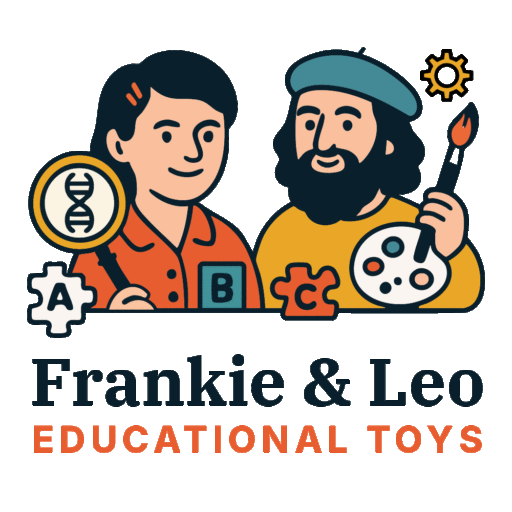
The Complete Shape Collection
We believe that curiosity is the greatest teacher, and play is the most powerful way to learn.
Understanding shape relationships helps children recognize patterns in their environment and in mathematics. They begin to see how shapes combine to create complex figures and how geometric patterns appear in art, nature, and architecture.
Our puzzle includes these 20 essential shapes:
Educational Benefits
01
Visual Discrimination Skills
Learning to distinguish between similar shapes like squares and rectangles, or circles and ellipses, strengthens visual processing abilities that support reading readiness and mathematical thinking. Children learn to notice subtle differences and similarities that enhance their observational skills.
02
Classification & Categorisation
As children group shapes by properties—curved versus straight-edged, number of sides, or symmetry—they develop logical thinking skills. This classification ability forms the foundation for more advanced mathematical concepts like sorting data and understanding mathematical relationships.
03
Vocabulary & Language Development
Each shape introduces specific geometric vocabulary, expanding children’s descriptive language. Terms like “parallel,” “curved,” “vertices,” and “symmetrical” become part of their working vocabulary, supporting both mathematical and general communication skills.
Why Geometry Matters in Early Childhood
Geometry is often called the “gateway to mathematics” because it bridges concrete visual experiences with abstract mathematical thinking. Research shows that children who develop strong spatial skills in early childhood perform better not only in mathematics but also in science, technology, and engineering throughout their academic careers.
Between ages 3-6, children’s brains are particularly receptive to spatial learning. They naturally explore shapes in their environment—from the round wheels on their toys to the rectangular doors in their homes. Our shapes puzzle builds on this natural curiosity, providing structured exploration that deepens their geometric understanding.
Problem-solving abilities through spatial puzzles and challenges
Creative thinking as children see how shapes combine and transform
Real-world connections between mathematical concepts and daily life
Foundation skills for later study of measurement, area, and volume
Product Details
- 20 individual shape pieces representing essential geometric forms
- Dedicated cutouts for each shape with perfect-fit design
- Progressive complexity from basic to advanced geometric concepts
- Child-safe construction with smooth, rounded edges
- Optimal sizing for developing fine motor skills and easy handling
- Durable design built for daily geometric exploration
- Perfect for ages 2-6 with expanding learning opportunities
- Complete geometric foundation from basic shapes to complex forms